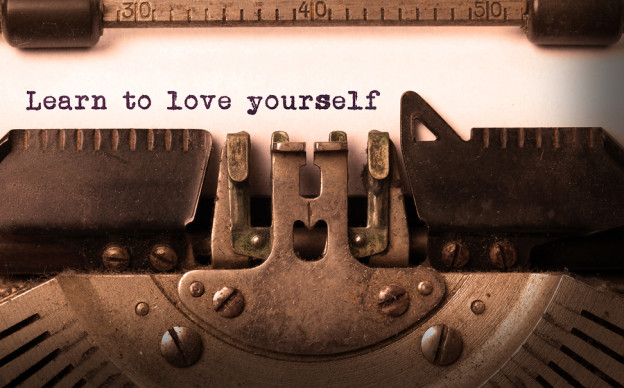How many times were you asked this as a young child? As an adult you may have actually wondered if you would every really grow up and know what you really wanted to be?
While no one really cared how you answered this question when you were little, as you got older you were given an idea from subtle and no so subtle suggestions that you must choose one goal or “purpose.”
The irony of this cultural pressure is that I have yet to meet anyone who truly has had one destiny or purpose. In fact, what makes people interesting is their multifaceted past. What creates genius is your ability to see things from various perspectives to find the keys to a new solution–something that comes with a varied experience.
How many people can you name who are still doing what they studied in college?
Sometimes doing what you love changes. You change. Circumstances change. Technology inserts new ways of doing things. Opportunities arise that if you are wise you capture–not because it was your goal since you were five and people asked you what you wanted to be when you grew up or it was your college major–but because the opportunity ignites your imagination and enthusiasm.
We have traveled down the road of specializing to such a degree that it is hard to change paths once you have invested so much energy in one direction. We have forgotten how important it is to be able to have a general perspective before you can drill deep. Henry Ford is often quoted as saying he did not need to know everything because he could hire people who specialized in those areas. Similarly, Andrew Carnegie, at one time the richest man in the world, surrounded himself by people who understood the steel industry much better than he did–even though he made his fortune in steel.
The people at the top of any field are not experts in everything needed for their success.
- The orchestra conductor cannot play every instrument in the symphony.
- The CEO is not an expert at marketing, manufacturing and finance.
- The school principal is not an expert in each subject taught at her school.
- The heart surgeon does not administer the anesthesia.
Maybe when our life expectancy was around 30 years of age it made sense to do one thing and do it well. But you will most likely live three times that age, so why limit yourself to doing the same thing your whole life through?
If you are a person who has many interests, rather than let culture pressure make you feel flighty and ungrounded, remind yourself that you are actually ahead of the rest of society who painfully try to find things that will inspire them. Many people in life have dulled their curiosity and ability to explore new things. If you have changed courses multiple times than you have probably honed and cultivated a spirit of learning that will serve you throughout life. Other skills you have gained are:
- Comfort in uncertainty.
- Skills that transfer across sectors like being able to inspire others, organization, or others.
- Seeing multiple perspectives, creating solutions otherwise missed.
- Ability to learn new things.
- Adaptability which is key in our rapidly changing world.
The next time someone belittles your changing careers or ending one passion for another, remember…
By feeding your curiosity and willingness to change you are building your genius and becoming the person you were meant to be–when you grow up!















